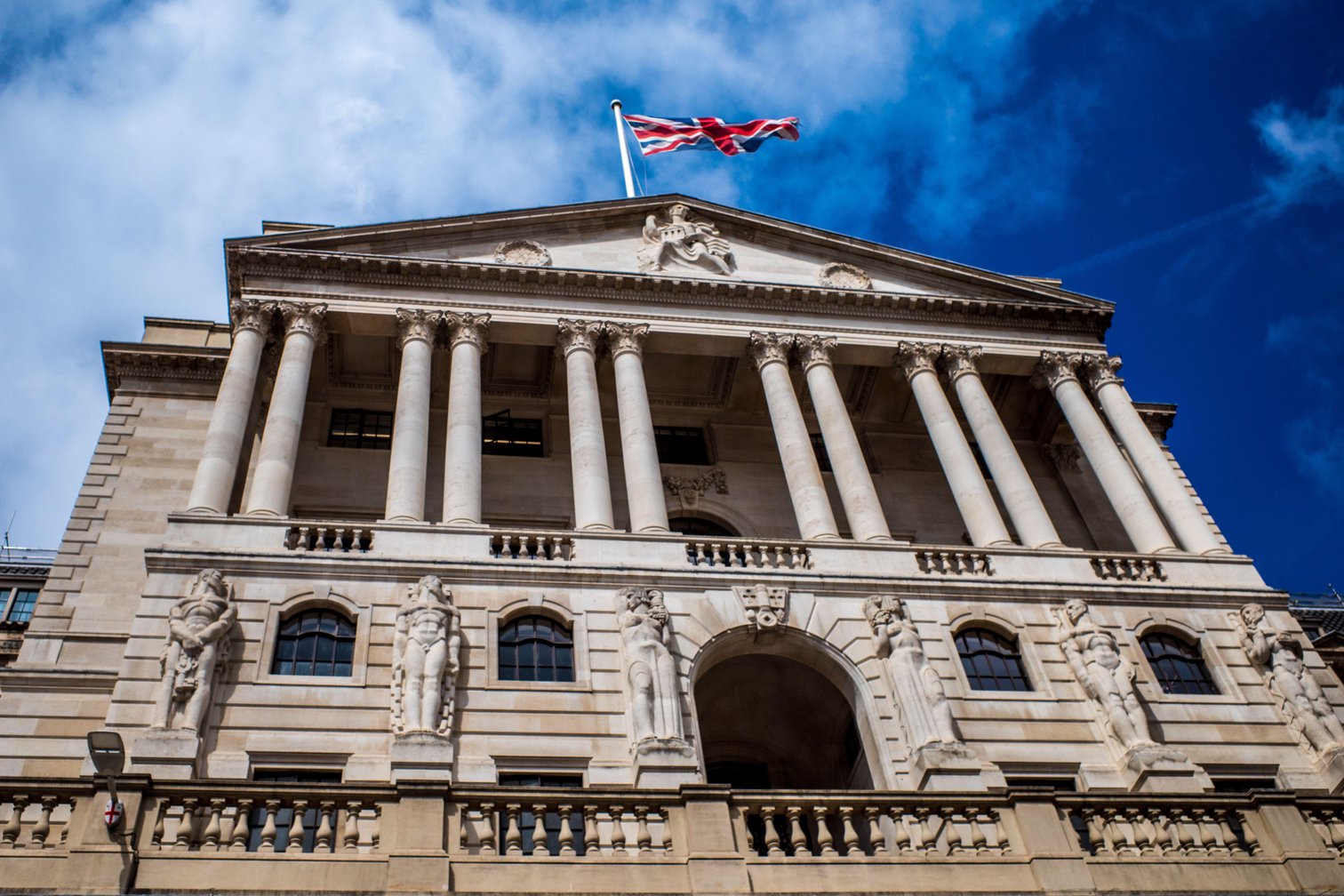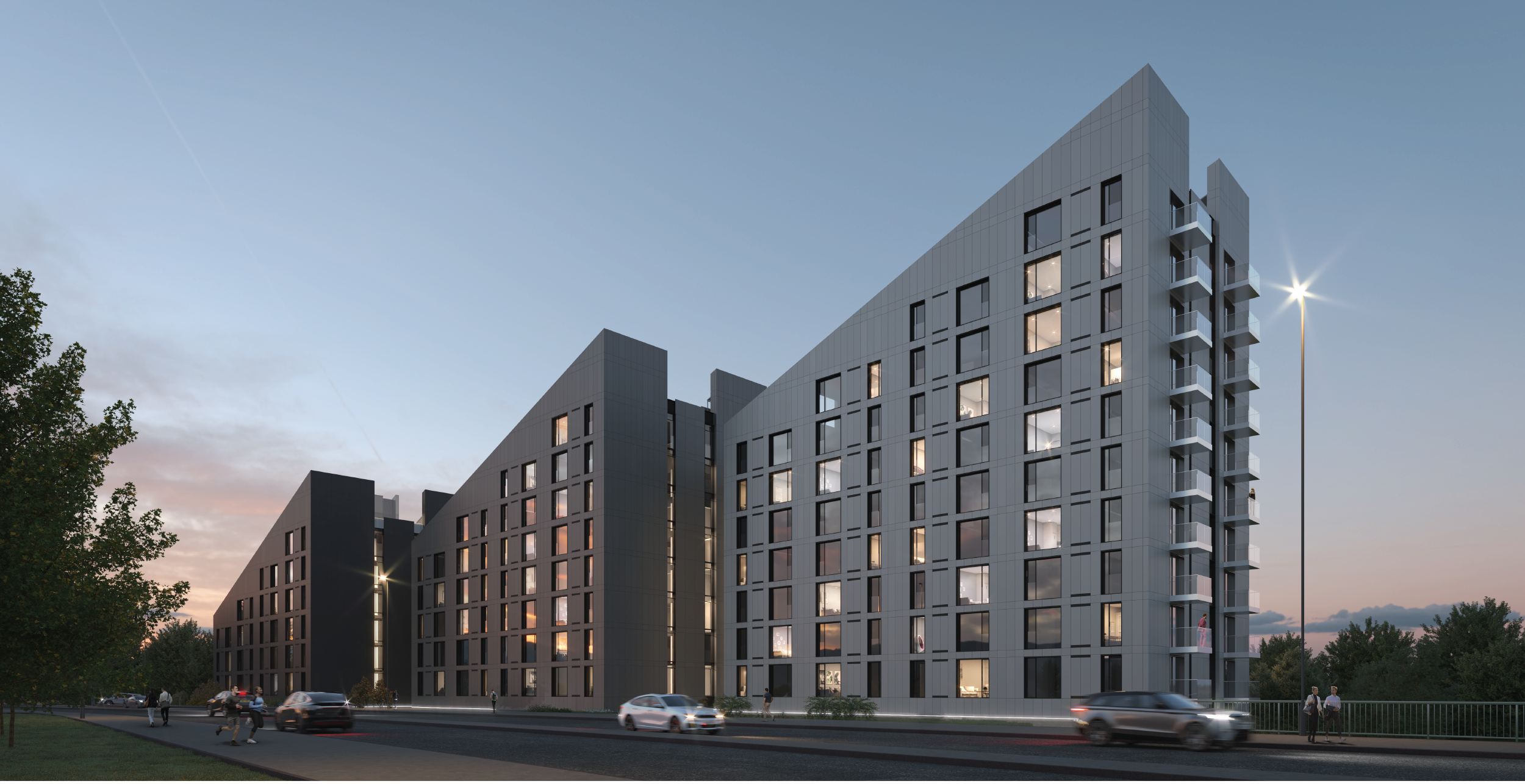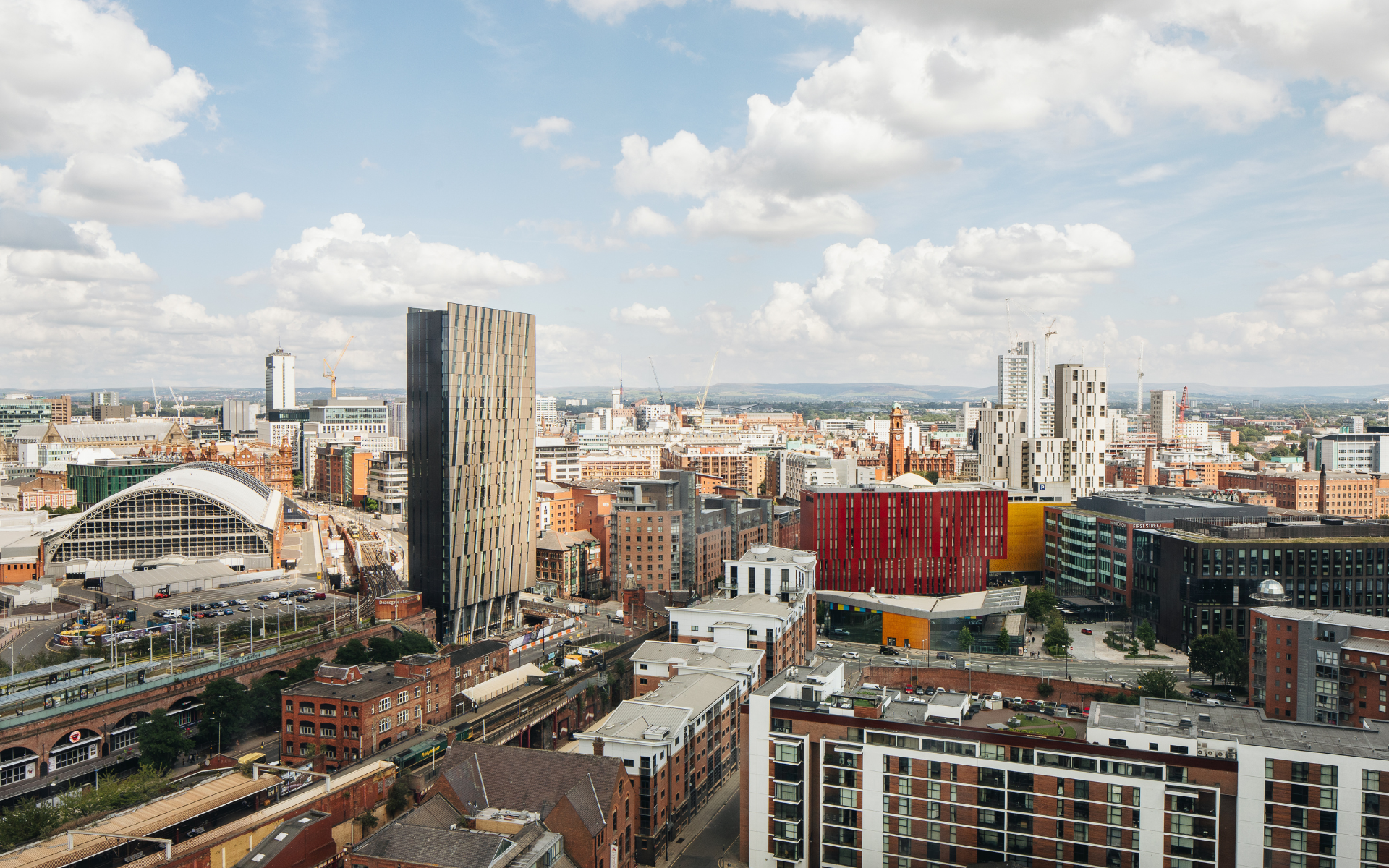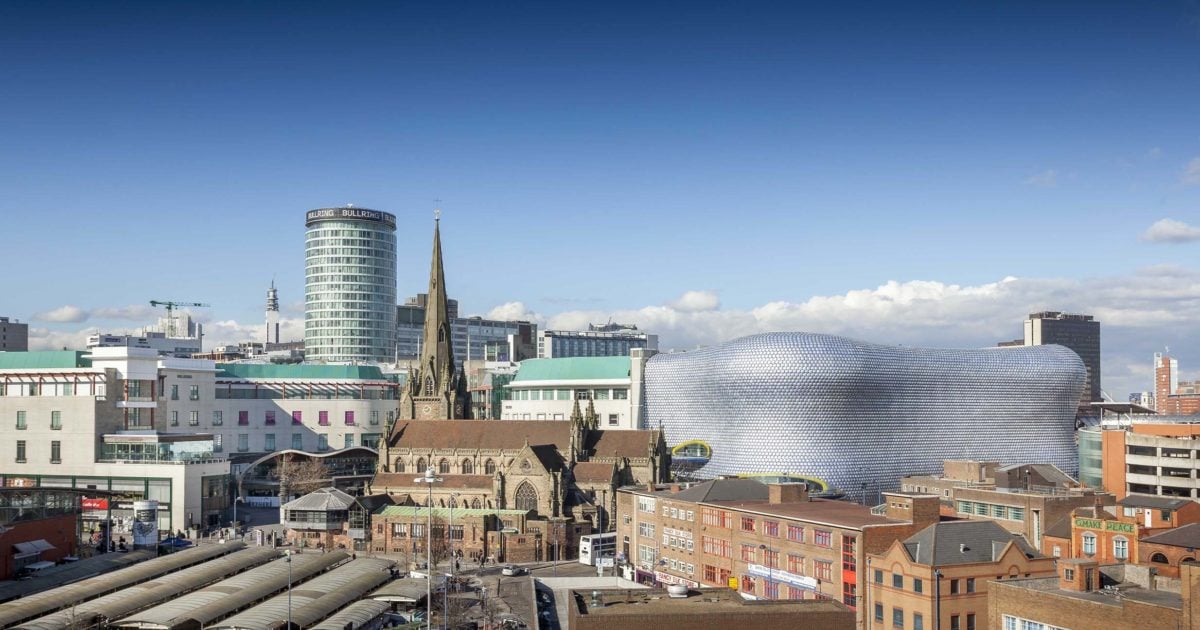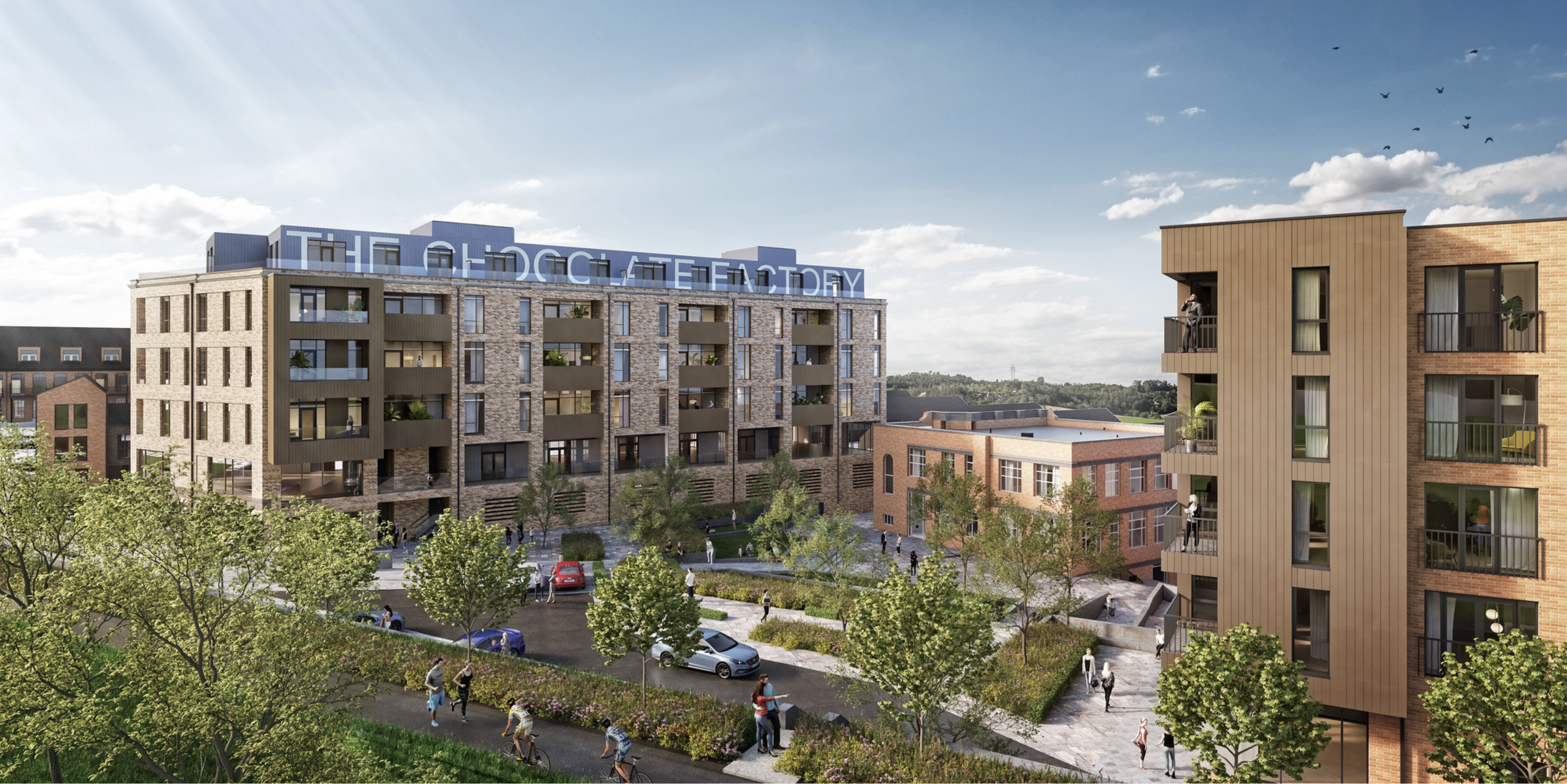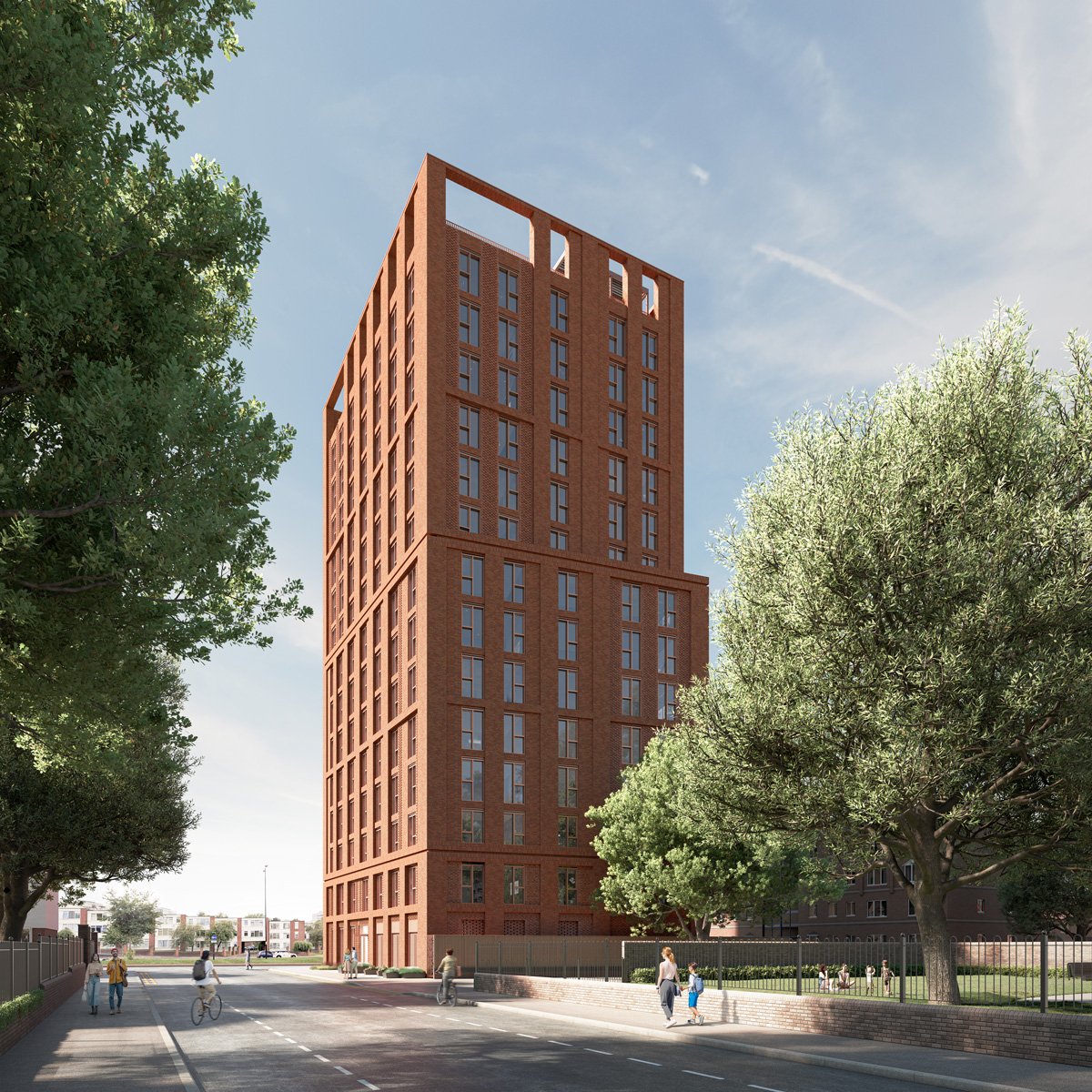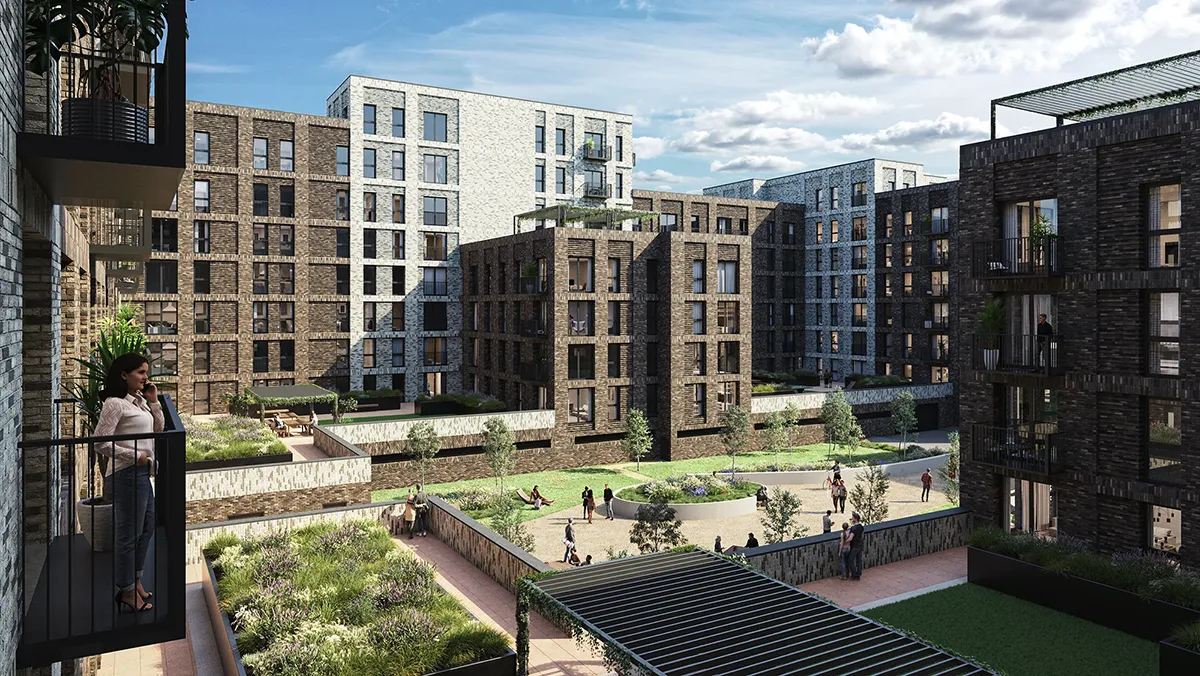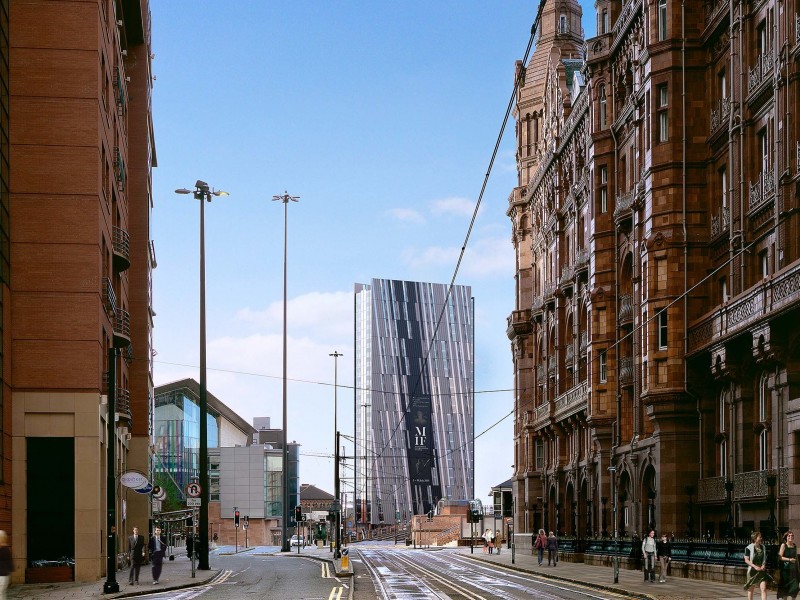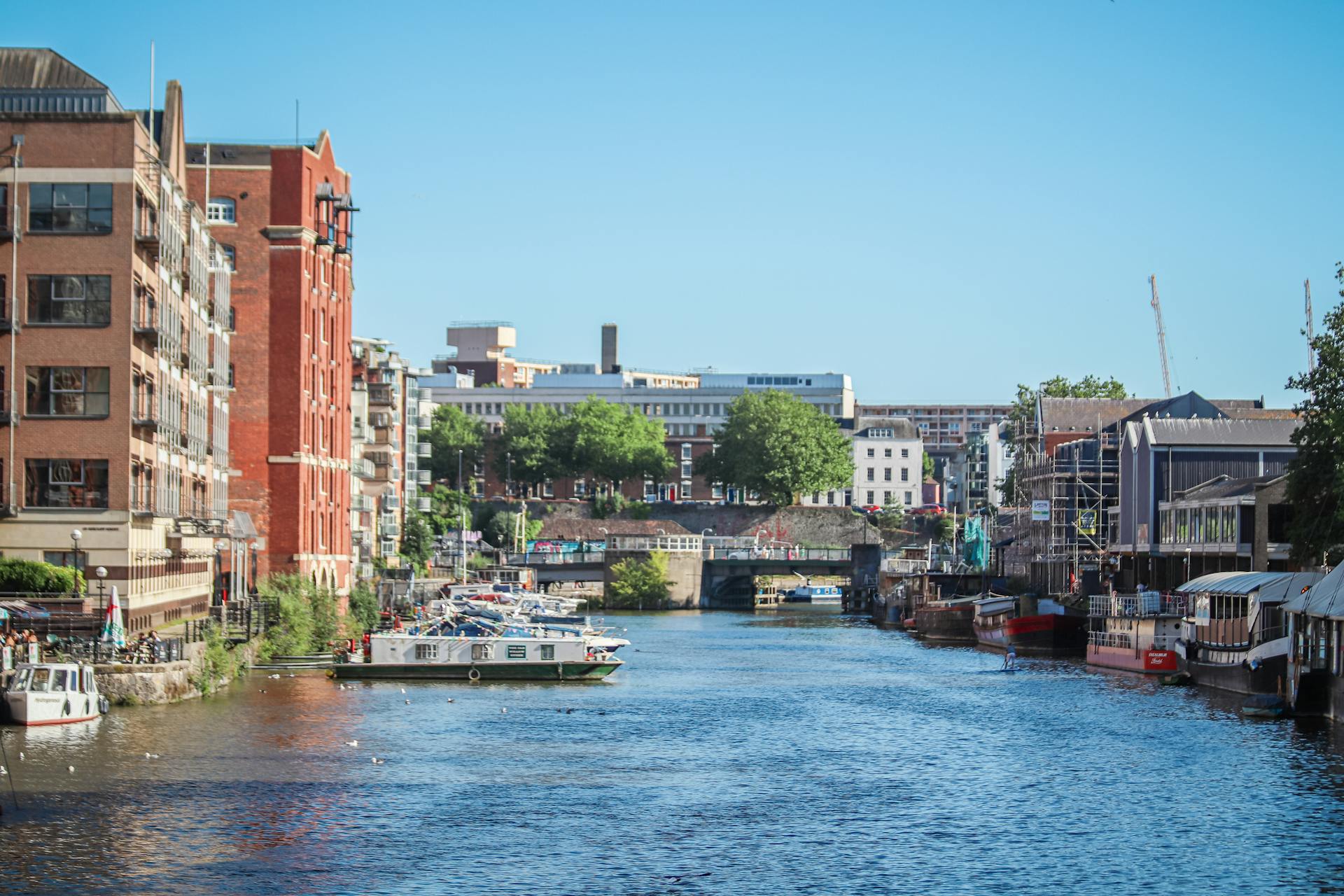Investment property liveability benchmarks – what is important?

The number one tip for searching for the best places to purchase investment property in the UK is to buy in a place where people want to live. It sounds simple, but it can be more complex than it might seem.
One of the best ways to find out about the best cities for investment property is to research a city’s liveability. This measures everything which affects quality of life in a city including factors such as housing, environment, economy, employment opportunities, student population, leisure and cultural attractions, transport infrastructure and much more.
A recent report from Colliers examined the top UK residential cities in terms of liveability, and Manchester scored highly, finishing in the top 5. The report outlines each city’s strengths and weaknesses, allowing us to analyse what makes them so good and gives them such high potential as investment destinations.
In their summary of Manchester, Colliers’ Director of Residential, City and Suburban Development – Mike Brassington – said: “Manchester’s continued economic success in the next few years is underpinned by its projected ‘City Centre’ population growth which is expected to exceed 100,000 by 2025. University graduate retention rates are higher than ever before. Also migration of young professionals to the City seeking excellent career opportunities as well as a metropolitan lifestyle is greatly increasing.
“Connectivity is crucially important to the City’s success. Recent years have seen major infrastructure improvements including the redevelopment and upgrade of Victoria Station, connecting it to Piccadilly by both rail (Ordsall Chord) and Metro lines. Piccadilly is to receive HS2 which will also connect with Manchester airport and its huge expansion plans namely Airport City.”
Manchester clearly has many strengths which recommend it to property investors. Following is more detail on some of the strongest areas highlighted in the report:
GDP/economy
Manchester has one of the UK’s strongest, most diverse and fastest-growing economies which gives it a prime position as a global business hub.
Collier’s notes that the city’s economy is scheduled to grow by 2.6% a year for the period 2021-2025, making it second only to London in the UK. That is a major achievement in a country where so much of the economy is based in the capital and other major cities can often struggle to compete.
Manchester’s city centre economy is worth more than £6bn annually and employs more than 150,000 people – 10% of all employment in the North West region. This concentration of expertise and entrepreneurial vigour makes Manchester a natural home for both start-ups and big business alike.
A good example of this is Manchester’s technology and communications sector which keeps going from strength to strength. It is also one of the tech capitals of Europe and can boast companies such as Amazon, Google, The Hut Group, the BBC and many more who have chosen to make the Northern city their home. The upcoming £1bn expansion and doubling in size of MediaCityUK will only cement Manchester’s status as a technology hub.
“I am delighted we’re opening our first corporate office in the North of England today,” said Doug Gurr, UK Country Manager at Amazon.
“Manchester offers an incredible talent pool, a thriving hub of fast-growing UK tech start-ups and is a centre of academic and intellectual excellence.”
Quality of housing
Quality of housing is a key liveability factor, and another area in which Manchester scores highly. There have never been so many high-end, luxury apartments in Manchester city centre as there are right now, and the booming housing and rental markets show that people in the city are competing for the best homes.
New luxury developments such as Oxygen are raising the bar for accommodation in Manchester, providing a level of service and a range of facilities and amenities which the city has not seen before. From the swimming pool, spa and sauna area, to the gymnasium and spin room, to the cinema room, and much more – buildings like Oxygen are resetting expectations in Manchester and increasing its liveability to new heights.
What Manchester is missing is quantity of housing. With a city population growing much faster than new homes can be delivered, both house prices and rents are set to soar in the coming years.
The latest data from Hometrack shows that the lack of supply has led to Manchester’s house prices being 7.7% higher in July 2021 than they were in the same month last year – a figure far higher than the national average of just 6%.
Manchester’s place at the heart of the North West – and its lack of available housing – consequently caused Savills to upgrade its five-year forecast for the region to predict 28% house price growth by the end of 2025.
Find out more about investing in Manchester city centre apartments today >>
Student population
The third area where Manchester scores highly on the liveability report concerns its large student population and high quality educational institutions.
Manchester boasts a world-class higher education sector that has a global impact and serves 100,000 students from around the world. The specialist expertise of its universities is particularly attractive to international students who value what Manchester has to offer and add significant demand for housing to the city.
Manchester retains more than half of all its graduates, a figure far higher than other comparable cities such as Leeds (31%) and Liverpool (29%). Furthermore, Manchester gains more outside graduates than any other city in the UK outside London according to the Centre for Cities’ ‘Great British Brain Drain’ report. The report goes on to cite Manchester’s employment and career opportunities as the main reason for this, demonstrating how a strong education sector ties into the overall economic picture of the city.
Students and a bustling higher education sector raise the profile of a city and add a vibrant, cultural mix which increases liveability. They also boost the local economy and act as a highly trained workforce which attracts business to the city and causes a proliferation of start-ups.
By considering liveability benchmarks, including the three main ones above, a property investor can assess a city and work out whether it is the right place to put their money. For more information about property investment in the UK, get in touch with our team today >>
Continue Reading
